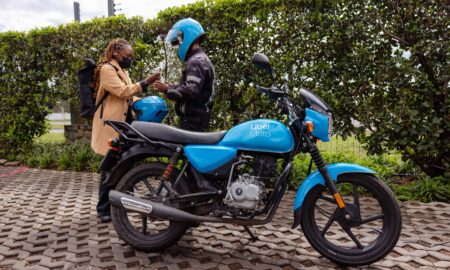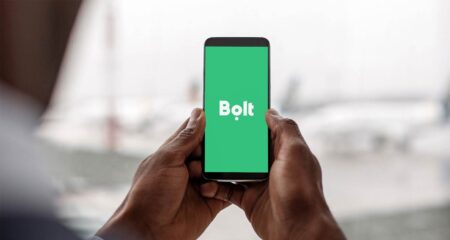
Internet ride-sharing service Uber says it doesn’t expect its cash-payment option to spark further clashes with local metered taxi drivers.
On Thursday, Uber started accepting cash in addition to credit card payments in South Africa.
But the launch of a cash option comes amid anti-Uber violence in Gauteng as several metered taxi drivers have complained of unfair competition.
Last week Monday, metered taxi drivers attempted to attack Gauteng transport MEC Ismail Vadi after he approved licensing for Uber in the province.
Then, on Friday, metered taxi drivers stoned two Uber cars and two metro police vehicles outside Sandton’s Gautrain station in an attack that left three officers injured.
Amid this climate, Uber’s head of Africa operations, Alon Lits, said his company doesn’t view cash payments as increasing the risk of more violence.
“We don’t see cash increasing that risk in any way,” Lits told journalists at a briefing in Johannesburg on Wednesday.
“This is a business decision that was made independent of that.
“Obviously we consider the risks, but we don’t feel that the production of cash increases your risk of intimidation in anyway,” added Lits.
In the meantime, Uber is attempting to engage with metered taxi drivers over recent clashes.
“We are proactively trying to engage with metered taxi associations,” said Lits.
“Obviously, as a precursor to that, any violence or intimidation needs to stop before engagement can happen,” he added.
Meanwhile, half of Uber’s over 4 000 drivers in South Africa will pilot the company’s cash payment option in South Africa.
If cash payments drive up Uber passenger sign-ups, the company will continue using the option, Lits said last week.
Other Uber operations that accept cash include the likes of Kenya, Nigeria and Singapore.
Since launching in South Africa in 2013, Uber has moved over 500 000 riders across, the company revealed earlier this year.




